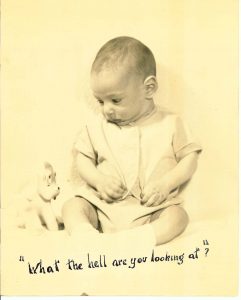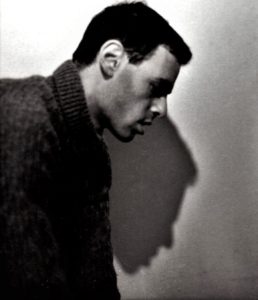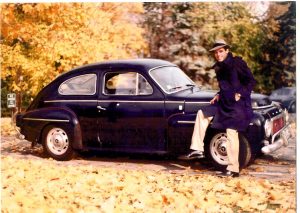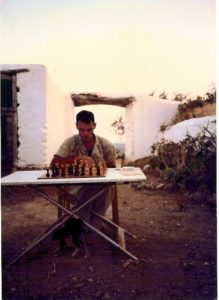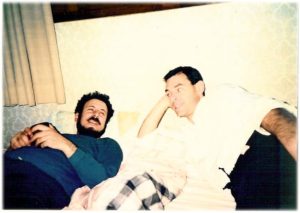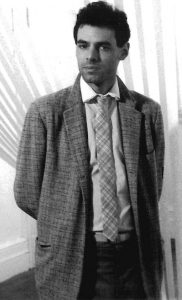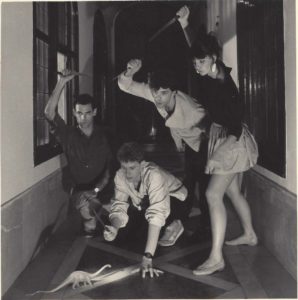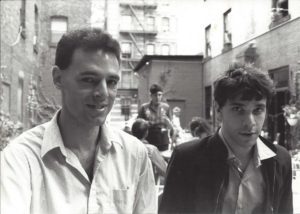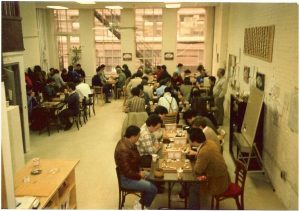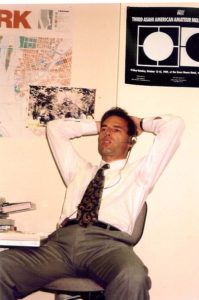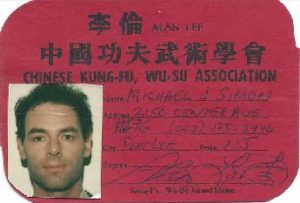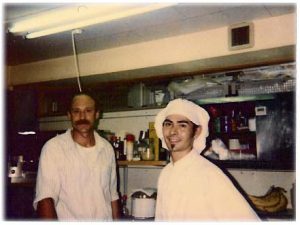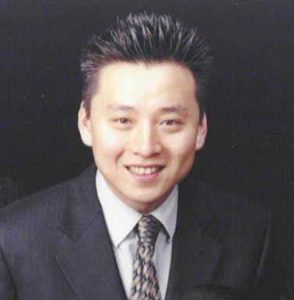I first went to Kyoto, Japan as a youth of 26 in 1979, where to my horror I discovered that even after three months of study, I couldn’t speak the language. At the time, my concept was to do a book on Nagisa Oshima, who you could say was the Godard of Japan, but I underestimated the difficulties and necessary budget. Forty years later, even though I’m now fluent, I am still amazed when I go to a small Japanese eatery that can’t possibly have a limitless menu, that the waiter will discuss what I can and won’t eat, as if there’s much of a choice in the first place. Rather than assure them that I am food macho, meaning “I can eat anything weirder than you have,” I prefer to name some far-out victual and say that I don’t quite enjoy it. “I really hate funazushi,” I explain, “but I like most kusaya.” Funazushi is historically one of sushi’s ancestors, a funa carp aged in salt for a year or four, intensely stinky and quite difficult to like. Kusaya is mild by comparison, being merely a fish that is fermented in aged sea brine, often a brine recipe handed down through generations of its craftsmen. Continue reading →
